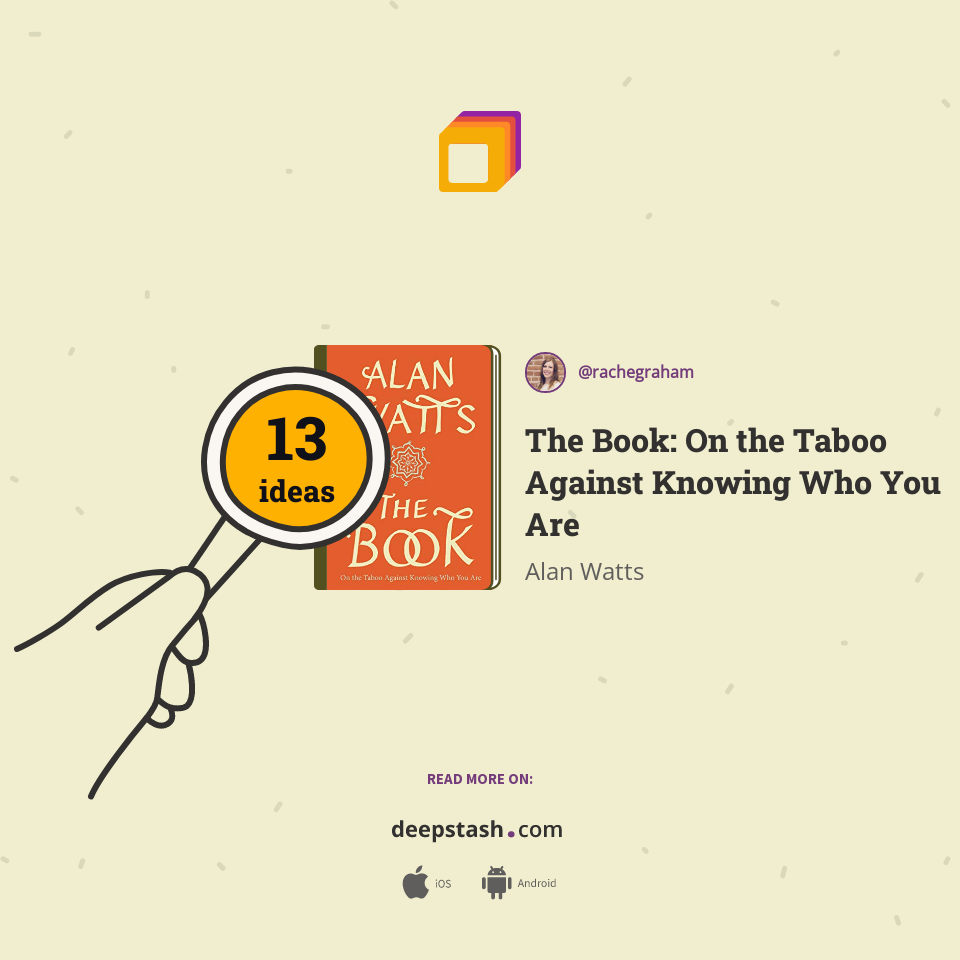The Taboo Of Knowing Who You Are

Imagine standing before a mirror, not just seeing a reflection of your physical self, but a window into your very essence. The contours of your spirit, the nuances of your heart, the whispers of your soul – all laid bare. Yet, instead of embracing this profound sight, you instinctively avert your gaze, a sense of unease settling in your bones.
This uneasy dance with self-knowledge lies at the heart of a subtle, yet pervasive, societal taboo. While we're constantly bombarded with messages of self-improvement and authenticity, the actual act of truly understanding ourselves, of confronting our deepest truths, often feels fraught with peril.
The taboo of knowing who you are isn't a clearly defined rule, but rather a complex web of unspoken anxieties and cultural conditioning. It suggests that unearthing our authentic selves might lead to discomfort, disruption, or even rejection. This fear can manifest in countless ways, from avoiding introspection to clinging to identities that don't quite fit.
The Roots of the Taboo
The reluctance to fully embrace self-knowledge has deep roots in history and psychology. From a young age, we are often conditioned to prioritize external validation over internal understanding. This can stem from societal expectations, parental influence, or even the subtle pressures of peer groups.
Consider the concept of the *ideal self*, a construct heavily influenced by our environment. We're presented with images of success, beauty, and happiness, and unconsciously strive to mold ourselves accordingly.
This pursuit can inadvertently lead us away from our true selves, creating a chasm between who we are and who we think we should be. Dr. Brené Brown, a renowned researcher on vulnerability and shame, often speaks about the dangers of perfectionism, linking it directly to the suppression of authenticity.
The Fear of the Unknown
One of the biggest barriers to self-knowledge is the inherent fear of the unknown. Digging beneath the surface of our constructed identities can be unsettling, even frightening.
What if we discover aspects of ourselves we don't like? What if our values clash with the expectations of those around us? These questions can trigger powerful anxieties, prompting us to retreat back into the comfortable confines of the familiar.
Psychologically, this avoidance can be explained through the concept of *cognitive dissonance*. When our beliefs and behaviors clash, we experience mental discomfort, and we're often motivated to reduce this discomfort by changing our beliefs or behaviors, even if it means sacrificing authenticity.
The Societal Pressure to Conform
Beyond individual anxieties, societal pressures play a significant role in perpetuating the taboo of self-knowledge. We live in a world that often rewards conformity and discourages deviation from the norm.
Careers, relationships, and social circles often demand a certain level of adherence to established codes of conduct. Expressing unconventional views or pursuing unconventional paths can be met with skepticism, judgment, or even ostracization.
This pressure to conform can be particularly intense in certain cultural contexts. In some societies, collectivist values take precedence over individual expression, leading to a suppression of personal desires and aspirations. Individuality is sometimes seen as selfish or disruptive.
According to a 2018 study by Pew Research Center, "Global Indicators Database", shows that social expectations still plays a crucial role in shaping individual behaviours, leading to an unconscious fear of being different.
The Illusion of Control
Ironically, clinging to a false sense of self can create the illusion of control. By presenting a carefully curated image to the world, we believe we can manage perceptions and minimize the risk of judgment.
However, this control is often fragile and ultimately unsustainable. Living inauthentically can lead to feelings of emptiness, anxiety, and a profound sense of disconnection.
The facade requires constant maintenance, diverting energy away from genuine self-discovery and growth. This highlights the importance of embracing vulnerability and accepting that imperfections are an inherent part of the human experience.
The Path to Self-Knowledge: Embracing Authenticity
Despite the challenges, the rewards of self-knowledge are immeasurable. Living authentically allows us to build stronger relationships, pursue meaningful goals, and experience a deeper sense of purpose.
The journey to self-discovery is not a linear one, but rather a continuous process of exploration, reflection, and acceptance. It requires courage, vulnerability, and a willingness to challenge our own assumptions.
One effective tool is mindfulness, which involves paying attention to the present moment without judgment. This practice can help us become more aware of our thoughts, feelings, and bodily sensations, providing valuable insights into our inner world. Meditation, for example, helps many in this space, as meditation allows for inner reflection.
Cultivating Self-Compassion
Self-compassion is another crucial element of self-knowledge. It involves treating ourselves with kindness and understanding, especially during times of difficulty or failure.
This means acknowledging our imperfections without self-criticism and recognizing that we are not alone in our struggles. Dr. Kristin Neff, a leading researcher on self-compassion, emphasizes that it is not self-pity or self-indulgence, but rather a powerful tool for emotional resilience and well-being.
Practicing self-compassion can help us overcome the fear of judgment and embrace our vulnerabilities, allowing us to explore our true selves with greater openness and acceptance. It involves recognizing that we are all works in progress, constantly evolving and learning.
Furthermore, seeking support from trusted friends, family members, or therapists can provide a safe space to explore our feelings and challenge our limiting beliefs. Sharing our vulnerabilities with others can be incredibly liberating and empowering. Vulnerability here serves as bridge.
Reclaiming Our Narrative
The taboo of knowing who you are is a powerful force, but it doesn't have to define us. We can actively challenge this taboo by prioritizing self-reflection, embracing vulnerability, and cultivating self-compassion.
By reclaiming our narrative and living authentically, we can create a more fulfilling and meaningful life, not only for ourselves but also for those around us. The journey isn’t easy, but the destination of being who we truly are is worth the effort.
Ultimately, self-knowledge is not a destination, but a continuous journey. It's a commitment to living in alignment with our values, embracing our imperfections, and celebrating the unique tapestry of our being. It's a journey worth embarking on, even if it means facing the uncomfortable truths about ourselves.
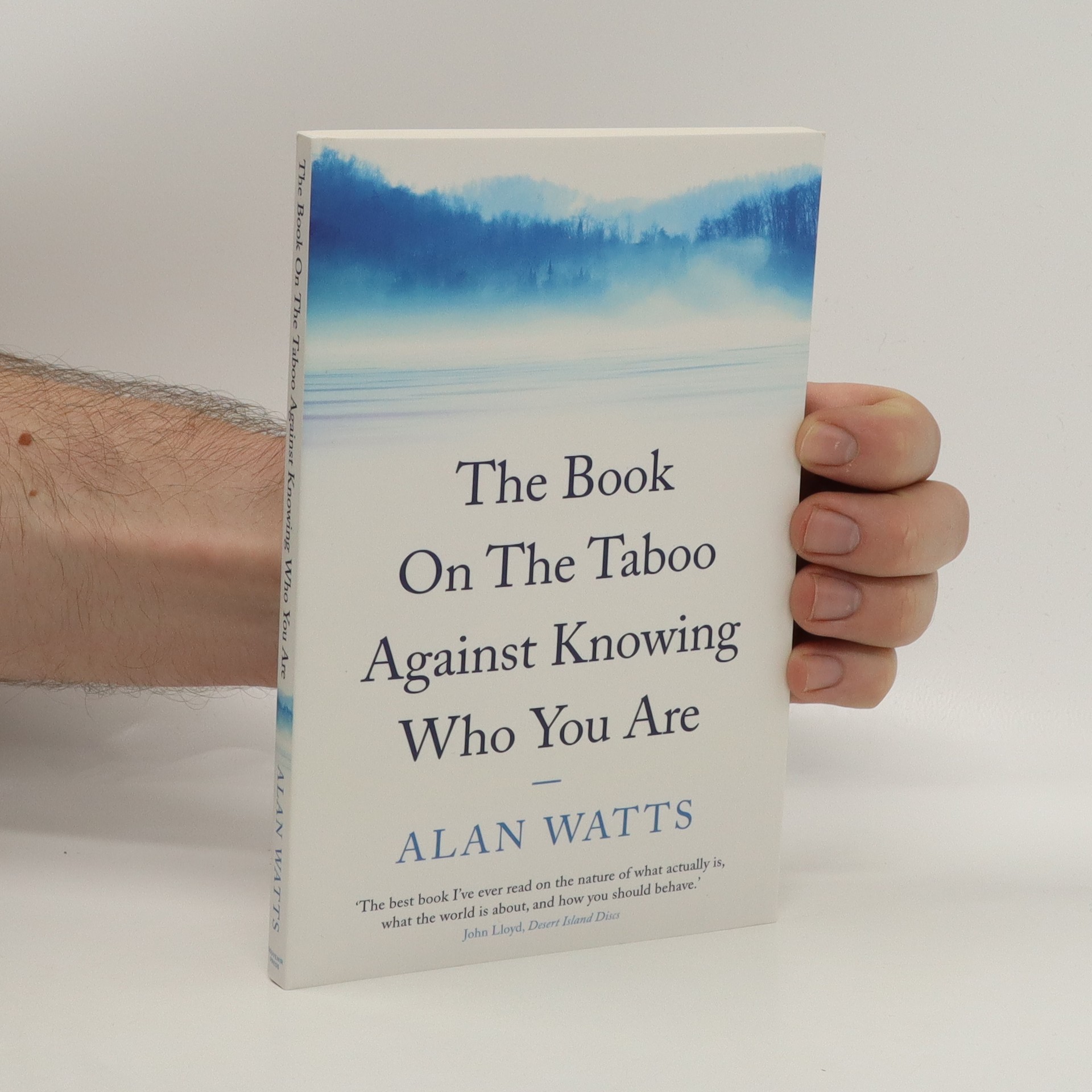


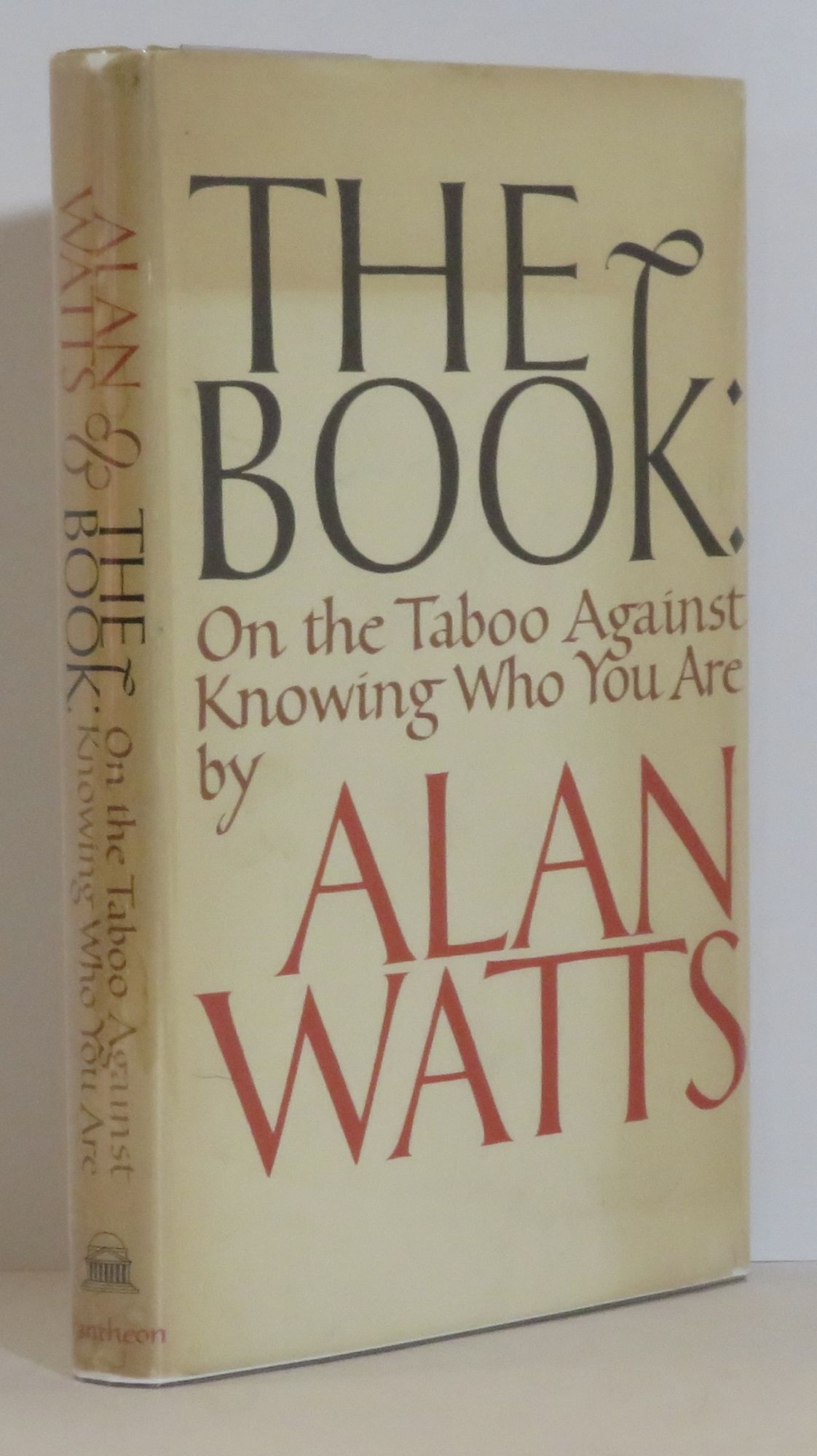


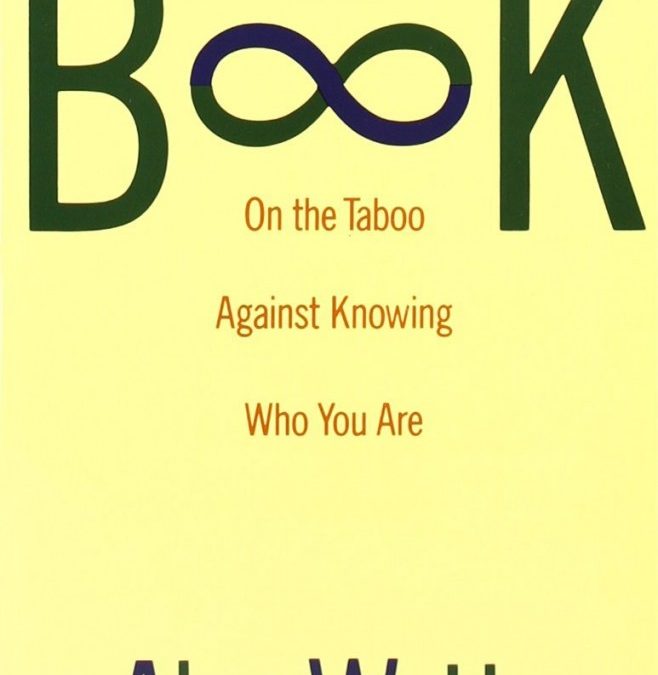
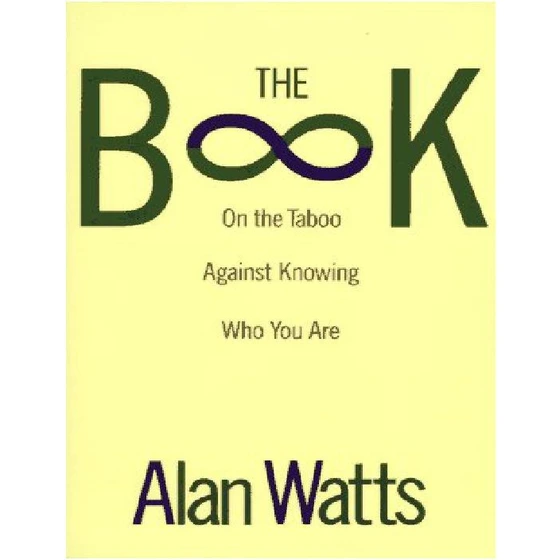

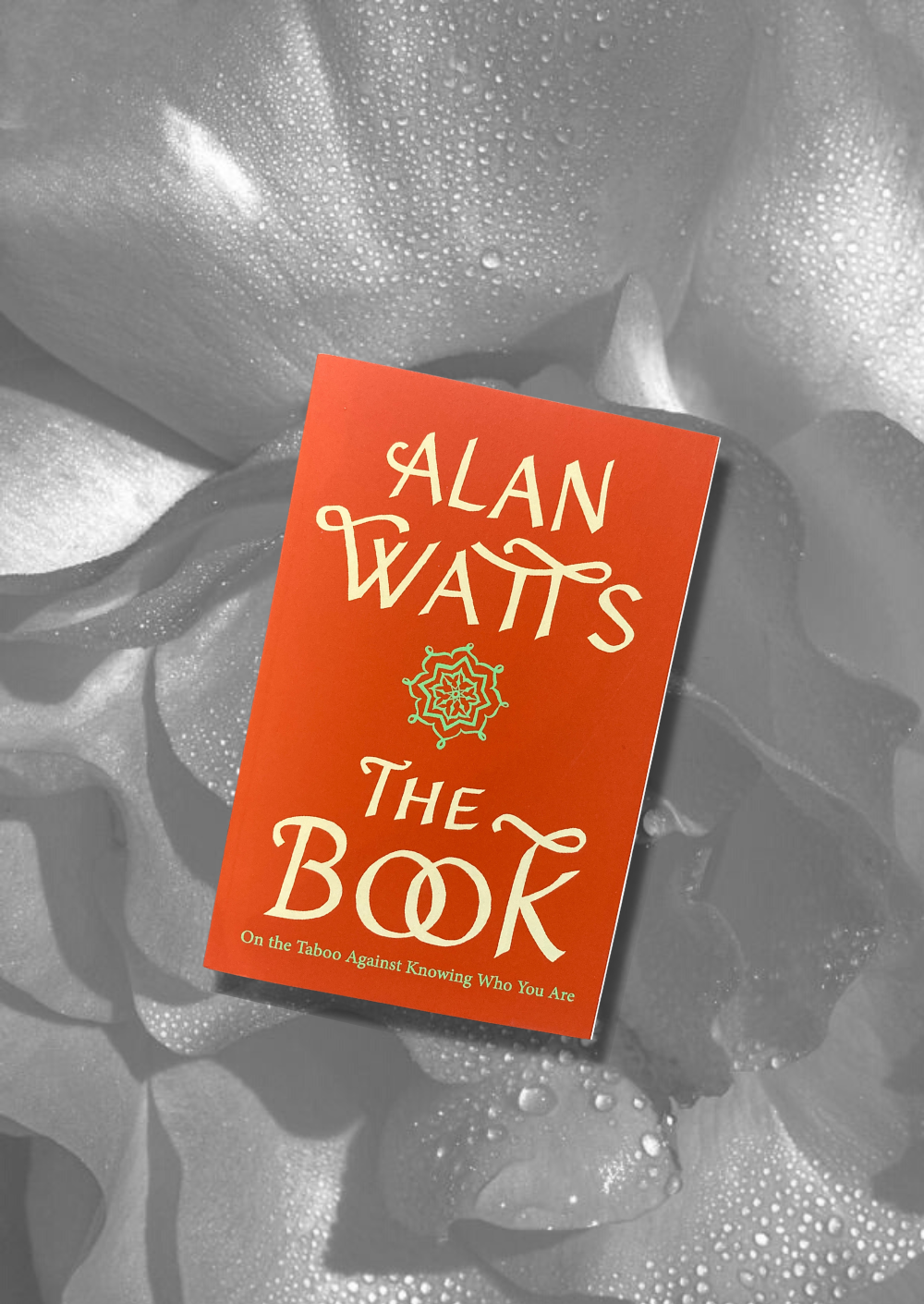



![The Taboo Of Knowing Who You Are The Book On the Taboo Against Knowing Who You Are [Review] | William](http://www.williampetruzzo.com/wp-content/uploads/2014/12/the-taboo-against-knowing-who-you-are-book-cover-658x1024.jpg)
